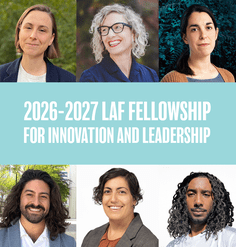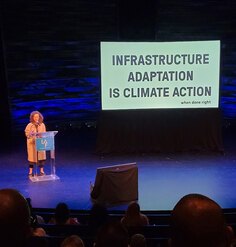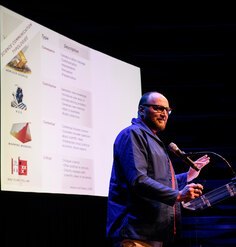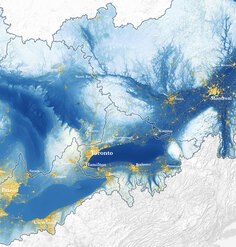LAF Fellow Forbes Lipschitz is Rewilding Foodscapes
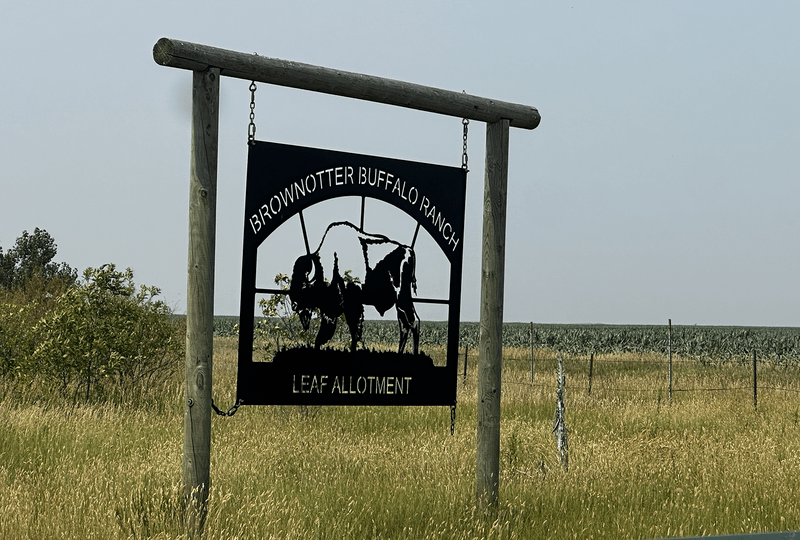
Modern industrial farming practices have a profound impact on the environment, contributing significantly to ecological degradation. Agriculture accounts for 70% of global freshwater withdrawals, intensifying water stress in many regions. It is also responsible for one-fourth of all greenhouse gas emissions, making it a major driver of climate change. Additionally, half of the world’s habitable land is used for agriculture, a factor that has significantly contributed to widespread biodiversity loss. Combined with unsustainable diets, these practices harm both the planet and human well-being, highlighting the urgent need for more sustainable approaches to food production and consumption.
While there are many approaches to addressing this quiet crisis, Forbes Lipschitz found herself drawn to the particular approaches taken by Indigenous farmers in the Midwest region, and her 2024-25 LAF Fellowship project is focused on highlighting these practices for a wider audience. Titled "Feral Farms: Midwestern Recipes for Land Justice," Forbes aims to introduce others to the stories and methods she’s learned through her fieldwork. Her work will culminate with a cartographic cookbook that will feature recipes inspired by the local culinary tapestry and case studies that help readers, especially policymakers and advocates, to imagine an alternative agricultural future for the region.
Prior to undertaking her project for the LAF Fellowship for Innovation and Leadership, Forbes’ research focus was a book project that focused on visualizing the landscapes of animal agriculture. For her, Feral Farms has been an optimistic, forward-looking reprieve after the disheartening realities of the environmental, ecological, and ethical impacts of our current food systems. She’s found that, through a shift away from diets based on animal protein, huge tracts of land can be rewilded, making positive impacts on the twin climate and biodiversity crises. And to her, rewilding doesn’t mean letting land lie fallow, but taking cues from Indigenous farmers, Black farmers, hunters, foragers, and fisherman on how we can collect the bounty of the land with limited impacts to its natural ways of being.
Though she was initially interested in a wide variety of approaches, the conversations and questions raised through the LAF Fellowship helped Forbes to narrow her focus. When doing fieldwork, she decided to prioritize meeting face to face with those who would find the time and respect most impactful. Because of her prior work, Forbes already had relationships within many groups of farmers who she could reach out to through her existing networks, but she had not yet built relationships with Indigenous farmers. So Forbes spent her summer meeting with multiple tribes in the Midwest, including the Fond du Lac, White Earth, and Standing Rock peoples. Her time was spent establishing connections and learning about their unique approaches to property and land use. As she spoke with tribal leaders and farmers she found two themes that were recalled over and over: access to capital and access to land.
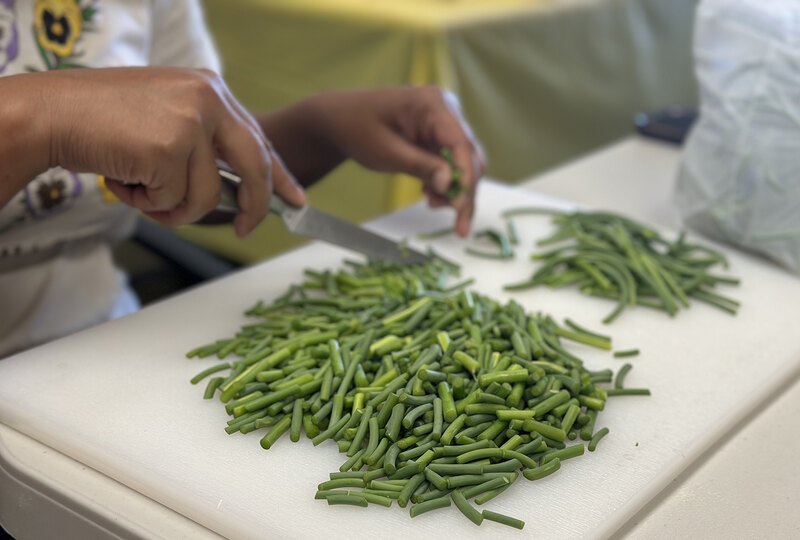
Forbes has found the LAF Fellowship to be a unique opportunity to share works in progress and engage in deep reflection within a supportive community of peers—an invaluable resource often missing in academia. The time, space, and constructive feedback she has accessed through the program have propelled her project forward and helped her forge meaningful relationships she intends to nurture well beyond the fellowship's conclusion.
As she looks ahead to the upcoming LAF Innovation + Leadership Symposium and beyond, Forbes aims to strengthen her connections with tribes and expand the influence of landscape architecture in shaping policy decisions. She envisions this work as the foundation of a larger, long-term effort requiring significant time and resources to drive policy and cultural shifts away from resource-intensive diets and practices.
For those looking to get involved in local rewilding efforts in their areas, Forbes suggests checking out the work of prior LAF Fellows addressing topics such as pollinator gardens and, for farmers, the Conservation Reserve Program offers resources, guidelines, and Federal support.
UPDATE: You can watch Forbes's presentation from the 2025 LAF Innovation + Leadership Symposium here.
